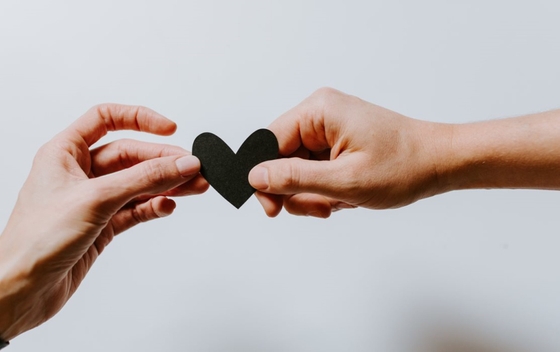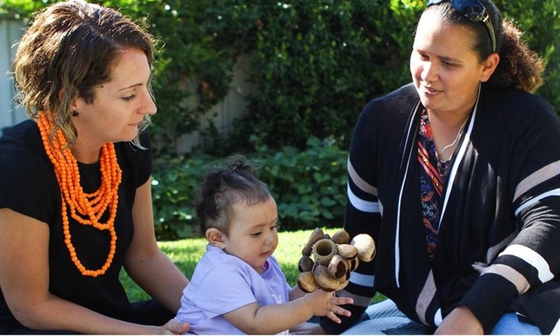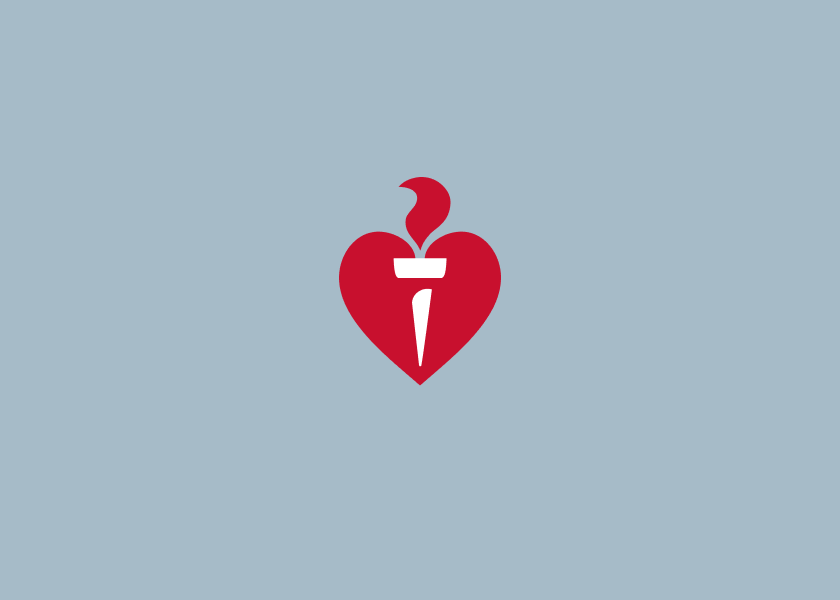
Q&A with Dr Rona Macniven
Generating evidence on the impact of physical activity on the cardiovascular health of Aboriginal and Torres Strait Islander Peoples across the life course
Dr Rona Macniven is a researcher with expertise in physical activity, sport, falls prevention, Aboriginal and Torres Strait Islander health and public health research. Dr Macniven received a Heart Foundation 2020 Postdoctoral Fellowship to research the impact of physical activity on the cardiovascular health of Aboriginal and Torres Strait Islander Peoples.
What are you currently researching?
Physical activity is important for cardiovascular health. However, little is known about physical activity participation levels of Aboriginal and Torres Strait Islander Peoples, nor the impact of existing physical activity programs.
This research addresses these critical evidence gaps across the life course, for both children and adults. Trends and the contributing factors in physical activity participation among children and adults have been examined to identify ways to prevent cardiovascular disease. The impact of physical activity programs on adult cardiovascular health and wider wellbeing will be identified, providing solutions for future health promotion.
What difference will your research make to people’s cardiovascular health in Australia?
This research will provide urgently required evidence on ways to improve cardiovascular health outcomes for First Nations Peoples. This will be achieved by creating new knowledge of how the extensive positive effects of physical activity can best benefit First Nations Peoples. The resulting enhanced knowledge and understanding can inform the design and development of future programs and services to improve the cardiovascular health and wellbeing of First Nations Peoples.
What motivated you to do your research?
Physical activity can improve Aboriginal and Torres Strait Islander health as it has many different health and wellbeing benefits from reducing the risk of cardiovascular disease to improving resilience. Physical activity and sport are enjoyed by many Aboriginal and Torres Strait Islander Peoples. I have seen this firsthand in many places across Australia through my research and other community engagement but we need to learn more about the types of programs or approaches that are most effective.
I am non-Indigenous and in all of my work I collaborate with Aboriginal and Torres Strait Islander leading researchers like Professor Sandra Eades AO, the Heart Foundation's inaugural Chief Medical Advisor of First Nations Health, and the next generation of researchers.
Are there any achievements or discoveries from the past year you can share with us?
It has been wonderful to hear Aboriginal older people speak about their enjoyment of the Ironbark falls prevention program. This program involves participation in balance and strength exercises and cultural yarning as part of a group. We expect to see improvements in physical activity levels at the end of the program. The popularity of the program has also been important in showing that it is culturally relevant.
What role has Heart Foundation funding had in your career journey?
Funding from the Heart Foundation has been vital in supporting my salary to carry out this research project, to analyse data, write and publish findings and engage with stakeholders who can implement new strategies. Thank you, Heart Foundation!
You might also be interested in...

Dr Rona Macniven
The impact of physical activity on the cardiovascular health of Indigenous Australians

Q & A with Michelle Kennedy (Bovill)
Which Way? Supporting Aboriginal and Torres Strait Islander Women to be smoke-free through group-based cessation support.

Beyond the Scars: Impacts of rheumatic heart disease in young Indigenous peoples
Beyond the Scars: Impacts of rheumatic heart disease in young Indigenous peoples
Last updated09 January 2026
Last reviewed26 March 2024